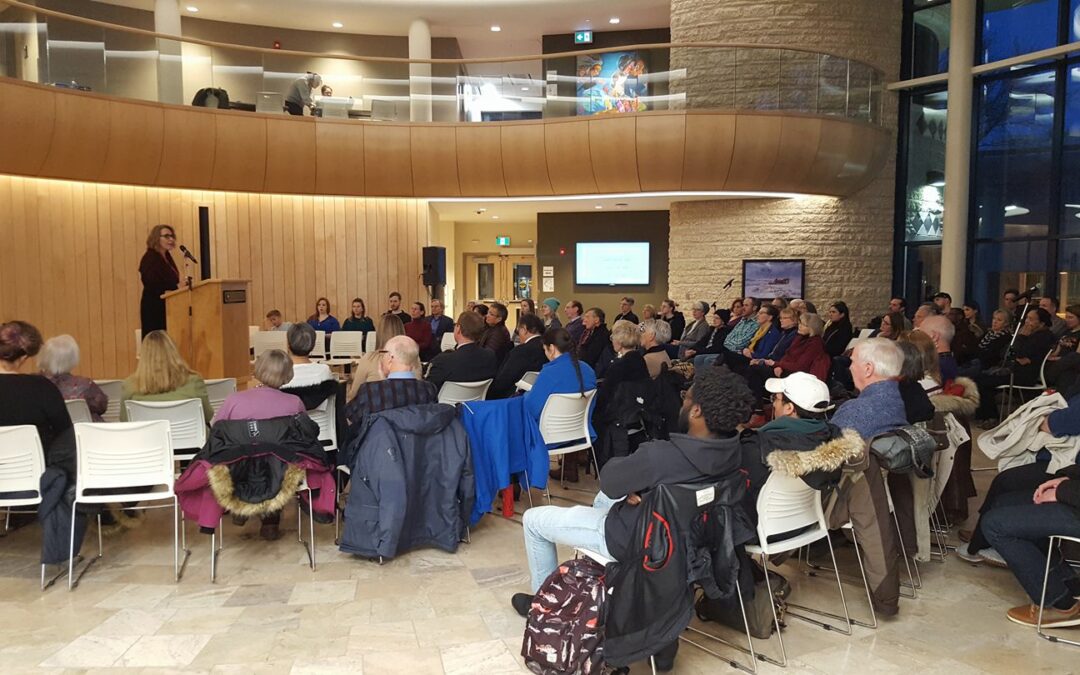The University of Saskatchewan College of Law will be hosting a lecture talking about decolonizing Canada’s justice system.
The talk is set to go Jan. 30 at the College of Law in Saskatoon and will feature lawyer David Nahwegahbow, who will be talking about some of the progress which has been made on this front along with where improvements are still needed.
The talk is part of the Wunusweh lecture series, which is put on annually at the college which focuses on Indigenous issues in the justice system. Judge Gearld Morin, who graduated from the U of S law school in 1987 and helped establish the lecture series in 2012, explained he felt it was an important that Indigenous subjects be brought up in an academic setting.
“It was just something that I strongly felt that we needed Indigenous voices to be heard at the academic level, by that I mean Indigenous lawyers or practitioners, that dealt specifically with Indigenous issues and also judiciary,” he said.
The name for the lecture series Wunusweh is a Cree word which Morin said translates to law or to make a decision.
The first year the lecture went in 2012 the speaker was Justice Murray Sinclair who spoke about work related to Truth and Reconciliation. Other speakers have spoken about Gladue Factors and a range of other topics. Looking forward Morin expects Duty to Consult to be a major topic.
“It is real different topics for each different speaker throughout the years,” he said.
For this year’s talk Morin said the speaker will be talking about the work underway to bring Indigenous ways and customs into the country’s court system.
“David Nahwegahbow will be speaking on, Indigenization of courts in terms of Indigenous law,” he said.
The talk is open to the public and no admission fee is being charged.
Since his time at the law school in the 1980s Morin said there has been more focus put on Indigenous law. He added in their calls to action the Truth and Reconciliation Commission called on Canada’s law schools to implement changes in regards to how Indigenous law is taught at their schools.
“As a result of those recommendations, the 94 recommendations that they had, one of them had to with having law schools to incorporate Indigenous courses that were required,” he said.
(The crowd at the Wunusweh Lecture in 2017. Photo Courtesy of College of Law University of Saskatchewan.)
